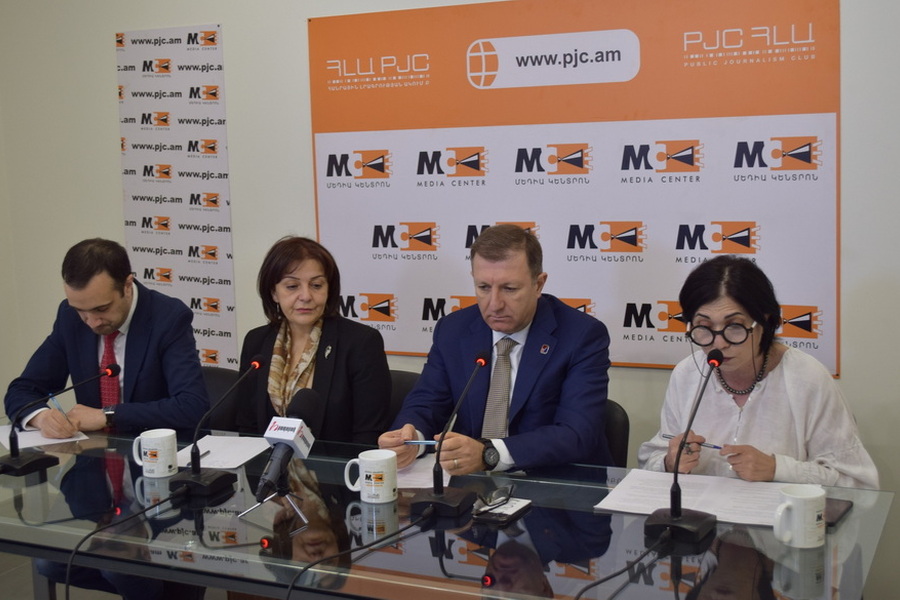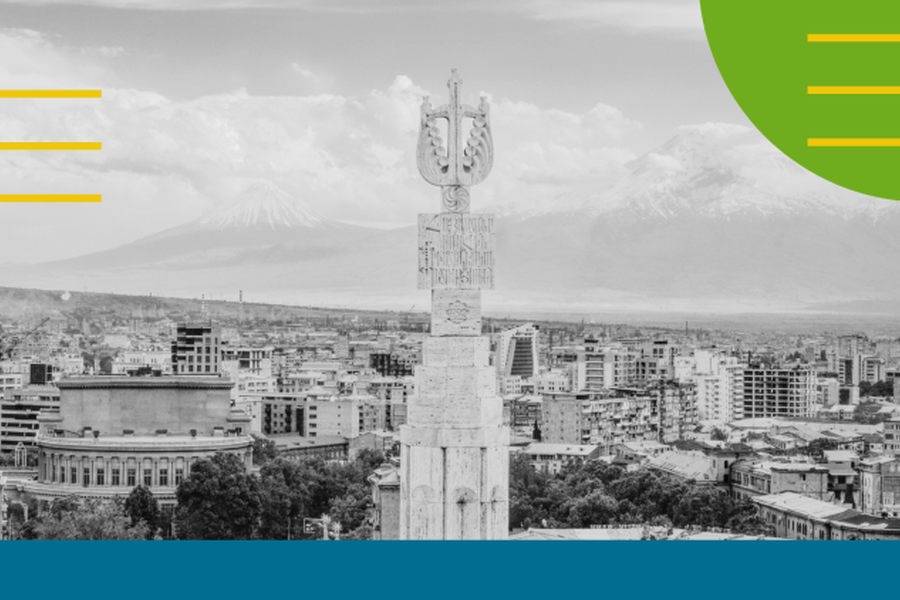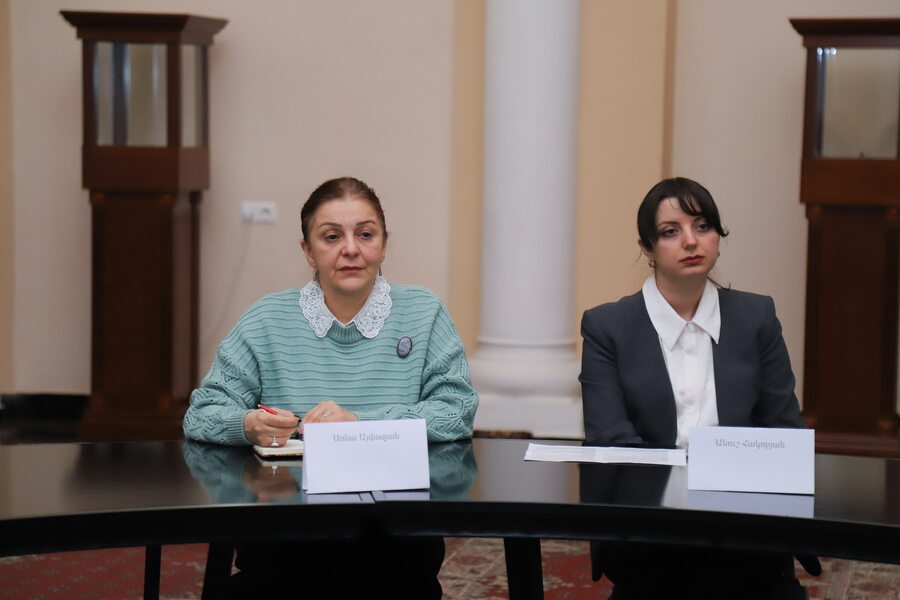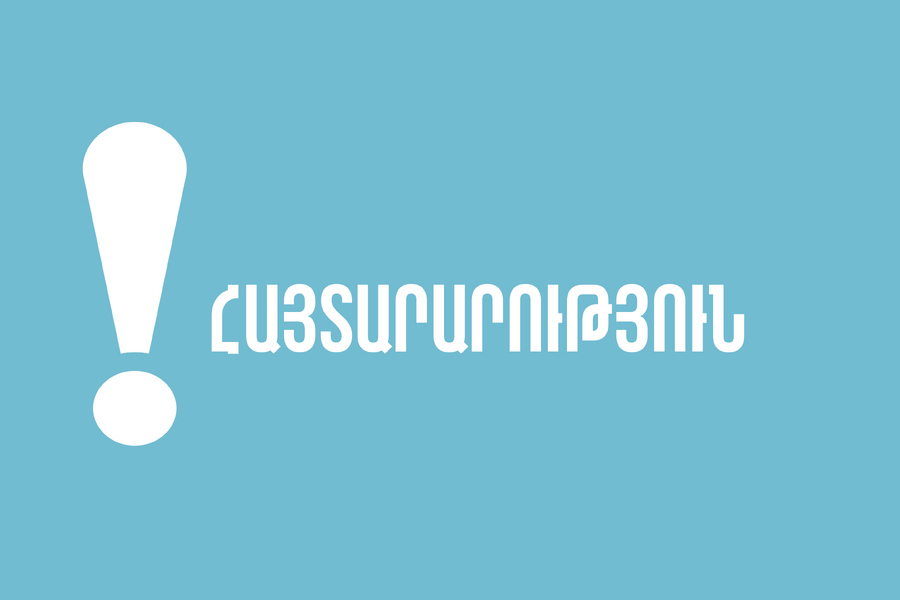Statement by EaP CSF 1st Working Group on Democracy, Human Rights and Good Governance on the Parliamentary Polls held in Armenia and the Upcoming Presidential Elections
The 1st Working Group of the Eastern Partnership Civil Society Forum (EaP CSF) expresses its concern with regard to the parliamentary elections held on May 6, 2012 in Armenia that resulted in the decline of public confidence in the institute of elections.
Both local and international observers recorded many instances of illegal activities. Such violations as widespread distribution of bribes - including cases labeled as "charity" - pressures on employees, intimidation of voters in a number of regions, use of healthcare institutions and educational establishments as administrative resources, and engagement of teenagers in campaigns, cast a shadow on the election processes.
The machinations of voter lists also had a serious impact on the whole electoral process, which included mass registration of voters from remote communities in nearby districts. In fact, the legislative mechanism of passport stamping against double voting failed. The refusal to lift the ban on publication of lists of voters after elections deepened public suspicion regarding the falsification of votes of citizens living abroad.
As a rule, the law enforcement services did not respond properly to these alerts and the statements on election violations. Widespread application of technologies of fraud in the absence of proper counter measures served as a serious obstacle to freedom of expression, and made significant segments of voters become unwilling participants in violations.
In spite of the fact that TV coverage of the campaign has been more open and equitable compared to previous election cycles, and that there has been a drastic reduction of the cases of violence and ballot stuffing, the above-mentioned flaws, nonetheless, create certain doubts about the legitimacy of the government, and lay foundation for public frustration in Armenia.
We call on the Armenian authorities to demonstrate accountability towards the frustration of the electorate and the issue of providing conditions free choice of citizens. Closer to the upcoming presidential elections, it is necessary to immediately undertake certain measures to tackle these challenges, more specifically:
1. Provide the ability to change the government through elections, which has not been done since 1990,
2. Exclude the use of administrative resources for the benefit of certain political forces by strengthening civilian control over this phenomenon,
3. Forbid vote-buying, identify and punish the bribe-givers and the political parties, which conduct such illegal activities, including the cases, which are labeled as "charity,"
4. Lift the ban on publication of lists of voters after elections,
5. Separate business and politics, by not allowing officials to run businesses, while holding posts in the national and local government.
We also call on the EU institutions to fully utilize the potential of civil society independent institutions for ensuring fair elections, and demonstrate consistent and principled approach towards contributing to the democratic processes in Armenia.






